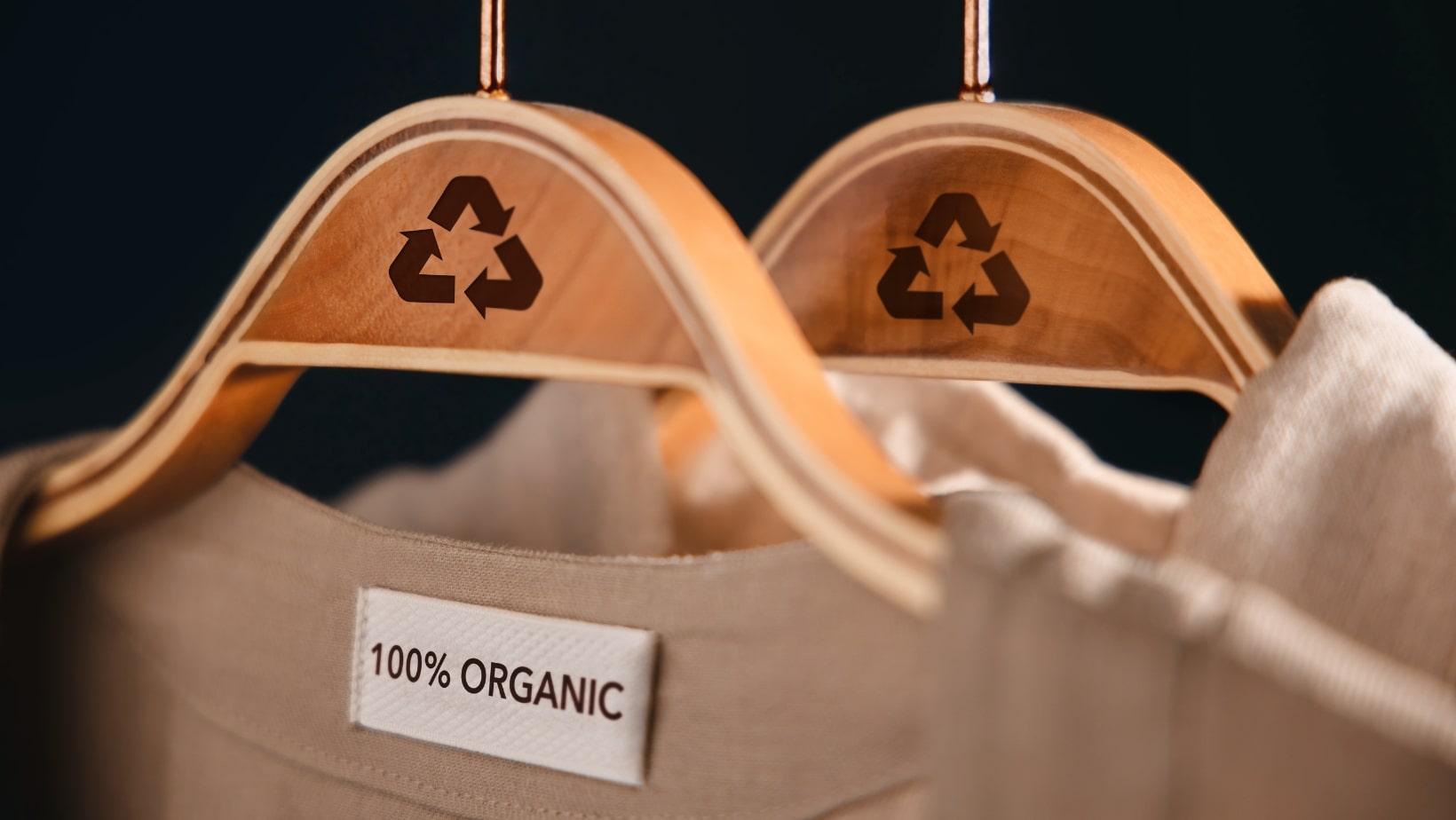Greenwashing
noun [ U ]
Behavior or activities that make people believe that a company is doing more to protect the environment than it really is.
or
A marketing ploy to make the public think they’re making an environmentally friendly purchase.
If you’re a company and are still not worried about the environment, on top of being harmful to our planet, you’re also losing business opportunities, like enticing customers, improving their brand equity, and making it easier to attract and retain employees.
Forty-five percent of Americans want to be viewed as eco-friendly consumers, according to the results in September of an unpublished 2022 Eco Pulse study from Shelton Group.
Before supporting or buying from a company, pay attention to these topics:
“Net zero.”
In the past, companies may have set “carbon neutral” targets. While these terms sound similar, there are important distinctions between them – namely, that net zero focuses on reducing emissions first, instead of relying on offsets.
Fluffy language
“Eco friendly” “natural” “recycled materials” these terms don’t really mean anything by themselves. Look for other information on the label and be attentive.
Irrelevant claims
Sometimes products will make claims that sound nice but are totally irrelevant, like “CFC Free” even though CFCs were banned more than 20 years ago.
Say that a paper company advertises its paper as being ‘made with all-natural materials’. That might sound good, but it’s actually meaningless as all paper is made with all-natural materials, regardless of its environmental impact. Thus, this is another way to deflect our attention away from the actual impact of a product so we will continue to buy it.
Unclear information
Did you research a brand online and found it difficult to find information on sustainability? Maybe this brand doesn’t care that much about the environment. Thank u, next.
Marketing with a heavy focus on one (usually insignificant) action
You know the (horrible) paper straws on McDonald’s? They really are more eco friendly than the plastic ones, but are straws really the main issue with McDonald’s? I don’t think so. How are they reducing other forms of plastic use? Are they sourcing their meat from companies that destroy rainforests? Do they source their ingredients locally?
Take the clothing industry for exemple. You’ve probably seen plenty of clothing lines saying that their garments now contain ‘50% more recycled fibres’. But if you take a look at the labels, you might find that they’ve only increased the percentage of recycled fibers from 2% to 3%. So, while that is technically a 50% increase, it doesn’t mean the garment is significantly more eco-friendly for it.
It can be difficult to tell the difference between genuine products and greenwashing. Before buying something, thoroughly research the brand, and if you’re still in doubt if the product is eco friendly, then buy from a different brand that you know cares about the environment. Or, if it isn’t something extremely necessary, what about not buying it at all? The planet – and your bank account – would appreciate it.
What has your brand been doing to help the environment? Let’s continue this talk on social media.
References:
https://dictionary.cambridge.org/pt/dicionario/ingles/greenwashing
https://normative.io/insight/five-greenwashing-traps/
https://plastic.education/5-watch-greenwashing/
https://wellmagazineasia.com/how-to-avoid-being-greenwashed-5-signs-to-watch-out-for/
https://www.greenbiz.com/article/greenwashing-terms-avoid-any-cost
